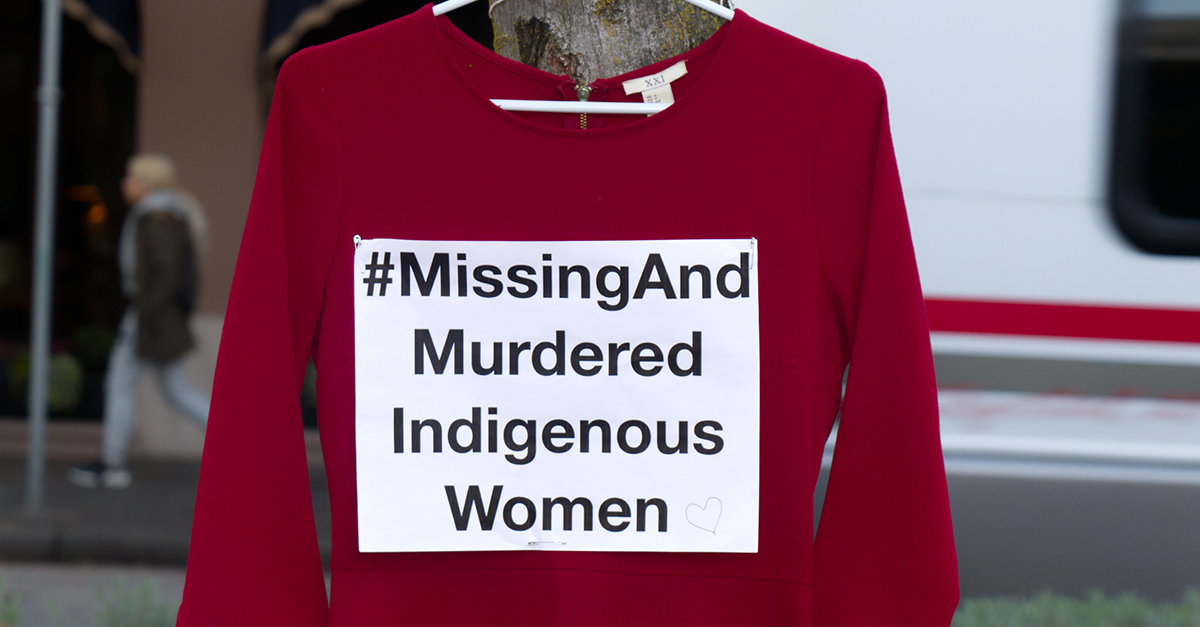
July 20 2022 –
As the City of Reconciliation, Vancouver City Council has adopted a plan and approach for citywide implementation of recommendations from the Calls for Justice (CFJ) outlined in the Final Report of the National Inquiry into Missing and Murdered Indigenous Women and Girls External website, opens in new tab and the Red Women Rising PDF file (8 MB) (RWR) report that are within our jurisdiction. We will be one of the first municipalities to implement the CFJ’s Seven Principles of Change.
We recognize that colonial settler policy, such as the Indian Act and the reserve system, residential schools, the 60s Scoop, Indian hospitals, disproportionate rates of incarceration, and the apprehension of Indigenous children through the Child Protection Act, have individually and collectively had deep and far-reaching consequences for Indigenous women, girls, and 2SLGBTQQIA+ Peoples. The impacts of these systems and practices continue today.
While many of these systems are within provincial and federal jurisdiction and are outside the purview of the City, the outcomes are borderless. We recognize our responsibility and the opportunity to implement solutions to advance reconciliation.
Staff will start finalizing a cross-departmental implementation plan to advance CFJ and RWR recommendations, including the development of an evaluation plan to ensure accountability;
Staff will broaden their knowledge and understanding of MMIWG2S as part of their performance objectives; and,
A citywide response protocol will be created to alert the public when an Indigenous woman, girl and/or 2SLGBTQQIA+ person is missing from Vancouver.
Quotes
Nicole Cardinal, Dakelh and Wet’suwet’en from Stellat’en First Nation, UIPIAC member
“I joined the Urban Indigenous Peoples Advisory Committee (UIPAC) to support the City with implementing Reconciliation and with public safety concerns of Indigenous women, girls, and 2SLGBTQQIA+ Peoples. Every single Call for Justice is an action item to support the safety and wellbeing of Indigenous women, girls, and 2SLGBTQQIA+ Peoples; they are legal imperatives, not optional,” says Nicole Cardinal, Dakelh and Wet’suwet’en from Stellat’en First Nation, UIPIAC member. “These issues are not only historical; they are happening every day in the lives of Indigenous women. We are still grieving the discovery of Chelsea Poorman and Noelle O’Soup. There is a huge need and outcry from the community to ensure the City is implementing the recommendations and that they will have a positive effect on the lives of Indigenous women, girls and 2SLGBTQQIA+ Peoples.”
Sandra Singh, General Manager of Arts, Culture, and Community Services
“The City is incredibly grateful to the members of the Urban Indigenous People’s Advisory Committee, grassroots organizers, and Indigenous women, girls and Two-Spirit who shared their wisdom in support of this work, “ says Sandra Singh, General Manager of Arts, Culture, and Community Services, City of Vancouver. “They have been advocating for government action for years, and without them, this work would not have been possible. While the City still has much to do to increase the safety of Indigenous women, girls and 2SLGBTQQIA+ Peoples, adopting the recommendations in this report is a meaningful step forward in advancing this work.”
Mayor Kennedy Stewart
“It is unacceptable that Indigenous women, girls, Two-Spirit and trans people experience disproportionately high rates of violence, and as a City of Reconciliation we must take action to address this,” says Kennedy Stewart, Mayor, City of Vancouver. “Today, by adopting this report we are making a meaningful commitment to increasing safety for members of these communities and attending to the harms caused by hundreds of years of settler-colonialism.”
Following the approval of the report:
City of Reconciliation
Following the Truth and Reconciliation Commission, we adopted Reconciliation Framework PDF file (150 KB). We continue to be committed to implementing Calls to Action from the Truth and Reconciliation Commission PDF file (299 KB), and the UN Declaration on the Rights of Indigenous People PDF file (150 KB) in partnership with xwməθkwəy̓əm (Musqueam Indian Band), Sḵwx̱wú7mesh (Squamish Nation), sə̓lílwətaʔɬ (Tsleil-Waututh Nation).